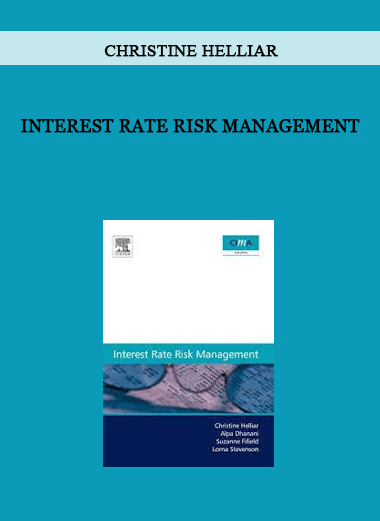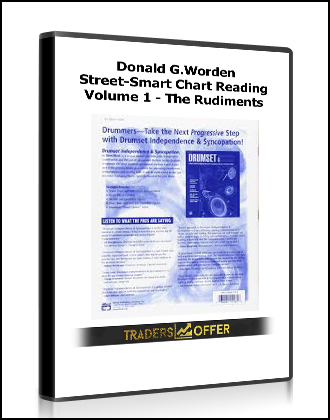Courses Infomation
Interest Rate Risk Management by Christine Helliar

Interest Rate Risk Management by Christine Helliar
Financial risk management is currently subject to much debate, especially the accounting for derivative products, and a number of commentators are objecting to the introduction of International Accounting Standard IAS 39 for Derivatives that will be in force by January 2005 for all EU companies. The topic of hedge accounting and the treatment of fair values may have a significant impact on many companies reported profits, and the volatility of earnings is likely to increase.
Uniquely this monograph focuses on interest rate risk management. Most studies of corporate risk management have typically dwelt on the topic of management of exchange rate risk, with interest rate risk management being neglected. The book’s findings examine the views of UK corporate treasurers who are usually involved in the risk management strategies of their organisation and who have responsibility for implementing those strategies in practice.
* The research is the first comprehensive UK study on this area
* Relevant to the imminent arrival of IAS 39, the International Accounting Standard for Derivatives that will be in force by January 2005 for all EU companies.
* The findings of the book have implications for government policy and regulators
What is forex?
Quite simply, it’s the global market that allows one to trade two currencies against each other.
If you think one currency will be stronger versus the other, and you end up correct, then you can make a profit.
If you’ve ever traveled to another country, you usually had to find a currency exchange booth at the airport, and then exchange the money you have in your wallet into the currency of the country you are visiting.
Foreign Exchange
You go up to the counter and notice a screen displaying different exchange rates for different currencies.
An exchange rate is the relative price of two currencies from two different countries.
You find “Japanese yen” and think to yourself, “WOW! My one dollar is worth 100 yen?! And I have ten dollars! I’m going to be rich!!!”
When you do this, you’ve essentially participated in the forex market!
You’ve exchanged one currency for another.
Or in forex trading terms, assuming you’re an American visiting Japan, you’ve sold dollars and bought yen.
Currency Exchange
Before you fly back home, you stop by the currency exchange booth to exchange the yen that you miraculously have left over (Tokyo is expensive!) and notice the exchange rates have changed.
It’s these changes in the exchange rates that allow you to make money in the foreign exchange market.
Salepage : Interest Rate Risk Management by Christine Helliar































Reviews
There are no reviews yet.